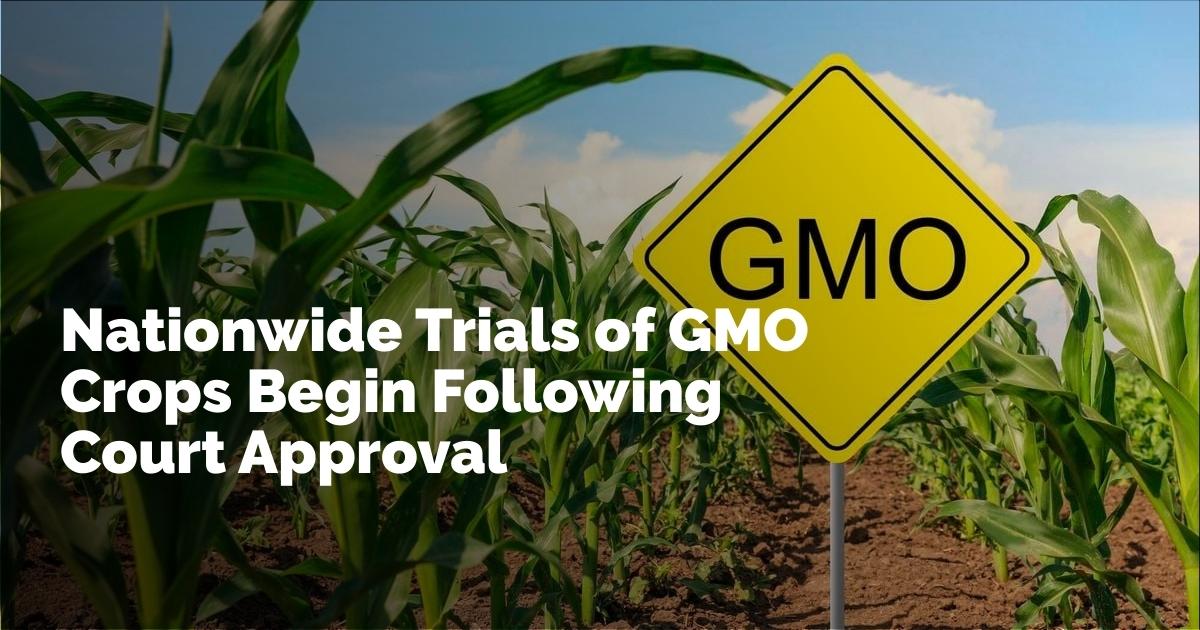GMO Crop Trials in Kenya: A New Era Begins
After a decade-long ban, the stage is set for a significant change in Kenya's agricultural landscape. Recent developments have seen the lifting of the ban on genetically modified organisms (GMOs), allowing for confined field trials of several GMO crops across the country. This decision marks a turning point in Kenya's approach to biotechnology and its potential impact on agriculture and food security.
Understanding Field Trials
Field trials play a crucial role in the development of GMO crops. These trials involve cultivating crops in controlled environments to evaluate their performance under specific conditions. The data collected from these trials is vital for assessing the crops' viability for commercial cultivation. The recent approval for field trials in Kenya is a critical step towards potentially integrating GMO foods into the nation's agricultural framework.
Legal Hurdles and the Road Ahead
The initiation of GMO crop trials follows a significant legal triumph. The High Court recently dismissed a slew of petitions challenging the government's decision to lift the GMO ban. This legal clearance has paved the way for the National Biosafety Authority (NBA) to proceed with these trials, offering insights into how GMO crops might perform on a larger scale in Kenya.
Expanding GMO Trials Across Kenya
The NBA, led by Acting Chief Executive Officer Nehemiah Ngetich, is overseeing the distribution of these trials across various regions in the country. Each area specializes in different types of GMO crops. For example, Kitale focuses on Improved Maize for African Soils, while Kakamega is testing Virus Resistant Sweet Potatoes. Different locations, such as Busia County and Nakuru, have their own specific trials underway.
The projects include testing Virus Resistant Cassava and BioCassava Plus (BC+) in Busia County, as well as GM potato trials scattered across Nakuru and Kiambu counties. Notably, Bt Cotton trials in Kirinyanga County have already concluded, with promising results. These diversified trials aim to provide comprehensive data on the performance and benefits of these genetically engineered crops.
Progress Towards Commercialization
Among the most advanced projects is the Bt Cotton, which has been under cultivation since 2020. The NBA has reported no significant adverse effects from this crop, a positive sign for the future of GMO proliferation in Kenya. Meanwhile, other crops, such as Bt Maize and Virus Resistant Cassava, are also advancing through stages of variety testing, moving closer to commercial availability.
A Framework for Safety and Regulation
To ensure the responsible integration of GMOs into Kenya's food system, the NBA has established a robust legal and regulatory framework. This framework outlines the requirements for application, safety assessments, and continuous monitoring in line with global standards. The aim is to safeguard food safety, protect the environment, and promote the socio-economic welfare of Kenyan citizens.
The Economic Implications of GMO Adoption
The government's decision to lift the GMO ban was influenced by the potential economic benefits and solutions to rising food costs. High food prices have been a persistent issue, and GMO crops could significantly increase food production efficiency, reducing reliance on imports and stabilizing local markets. The commercialization of these crops offers a potential pathway to reduced food insecurity.
Balancing Advocacy and Concerns
The introduction of GMOs has been a contentious topic, with strong arguments from both proponents and opponents. Supporters argue that GMOs have the potential to transform agriculture by producing higher yields and offering resistance to pests and diseases, which are often obstacles to traditional farming methods. However, concerns regarding the long-term safety and environmental impact of GMOs persist.
Proponents of GMOs point to their success in other countries, emphasizing the potential to eradicate hunger and significantly boost food production. Opponents, on the other hand, remain wary of possible health risks and the ecological consequences of widespread GMO cultivation. The debate continues to be a significant part of discussions on Kenya's agricultural future.
Conclusion: A New Chapter for Kenyan Agriculture
The recent developments in Kenya's approach to GMOs mark an exciting, albeit cautious, new chapter in the country's agricultural evolution. The ongoing trials will provide valuable insights into the feasibility and benefits of integrating GMO crops into the Kenyan food system. As the nation moves forward, the continued evaluation and responsible management of GMOs will be crucial in balancing innovation with safety and sustainability.
This pivotal moment in Kenyan agriculture opens up opportunities for increased food security and economic stability, potentially setting a precedent for other African nations considering similar paths. As GMO trials progress, their impact on Kenya's agriculture, economy, and social fabric will be watched closely by stakeholders both within and beyond the country's borders.
출처 : Original Source

